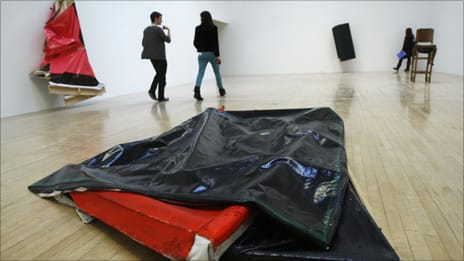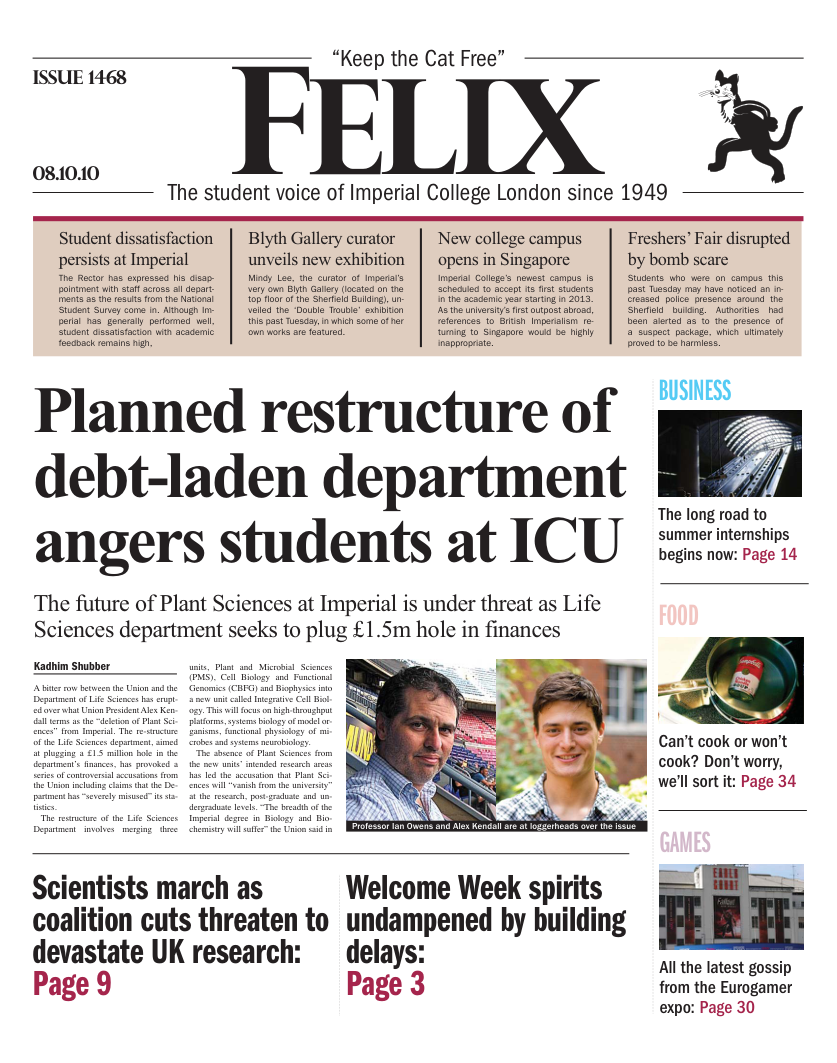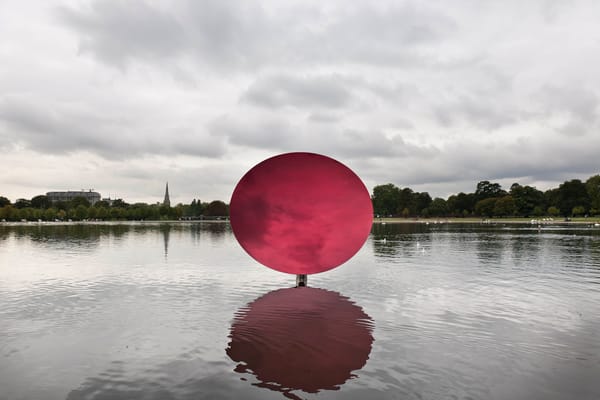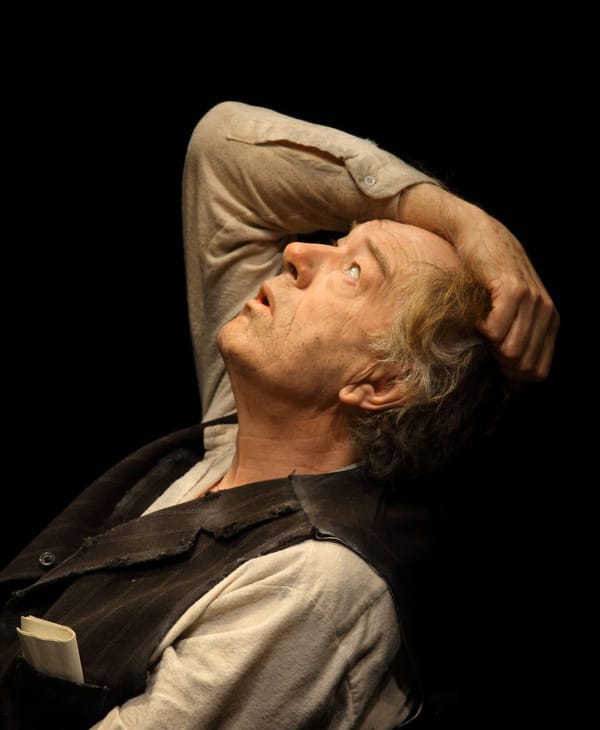The Turner Prize disappoints again
It’s hard to avoid the feeling that it’s all a bit... underwhelming

The 2010 Turner prize opened on Monday amidst the usual publicity circus, highlights of which this year included Tate Britain attempting to ban any photographers whose work may “result in any adverse publicity” for the prize, and Stuckist Charles Thompson leading his traditional anti-prize protest colourfully ‘engaging’ with director Nicholas Serota on the steps of the gallery.
This year’s selection spans a wide variety of practices, ranging across painting, sculpture, sound, text and video. Arguably the best work is also the most ‘traditional’ that of painter Dexter Dalwood. Dalwood’s large paintings are narrative snapshots, single scenes from a larger story. Noticeably devoid of people, the tale is told by the objects that remain and by their suggestive titles.
Dalwood’s work achieves a dreamlike sense of poignancy and loss
The most successful is ‘Death of David Kelly’, in which the moon sags mournfully in a deep blue night sky behind a single tree. At its roots lies a vague form suggestive of – what? A mound? A body? It’s unclear, and the quiet lyricism of this picture leaves a lasting impression. Although not the greatest technical painter, at best Dalwood’s work achieves a dreamlike sense of poignancy and loss.
The work of The Otolith Group blurs the distinction between curation and creation. Both of their works on display here force the viewer to slow down and enter a different mode of attention. The former consists of thirteen television monitors, each showing an episode from Chris Marker’s 1989 documentary series on Ancient Greece, ‘The Owl’s Legacy’. The work is itself more a piece of cultural archaeology - as the Group themselves acknowledge - and harks back to a ‘golden age’ of pre-digital television broadcasting, in which genuine scholarship and ‘high’ culture were still occasionally to be found.
‘Otolith III’ is a 49-minute meditation on themes of creativity and authorship. Despite several moments of striking visual poetry, the film starts to drag fairly quickly and, for this reviewer at least, became boring after the first twenty minutes or so.
The third shortlisted artist is Angela de la Cruz, whose sawn-up and deformed monochrome canvasses lie midway between painting and sculpture. Although the games she plays with form are initially amusing, her work does not feel realised enough to be truly interesting, and at worst is reminiscent of the juvenilia one might find on any art foundation course.
Four artists, a collection of work ranging from ‘mediocre’ to ‘okay’, and one big load of hype
The final nominee is sound-artist Susan Phillipsz. Her piece ‘Lowlands Away’ originally consisted of loudspeakers positioned under each of the three bridges spanning the River Clyde in her native Glasgow. Each speaker played a version of a 16th Century Scottish ballad, sung unaccompanied by Phillipsz herself. Relocated to the white emptiness of a gallery space, the effect is delicately poetic, although one is left wishing to experience the piece in its original context.
So there you have it – four artists, a collection of work ranging from ‘mediocre’ to ‘okay’, and one big load of hype. Although this year’s exhibition contains a few moments of genuine depth, it’s hard to avoid the feeling that it’s all a bit... underwhelming.









